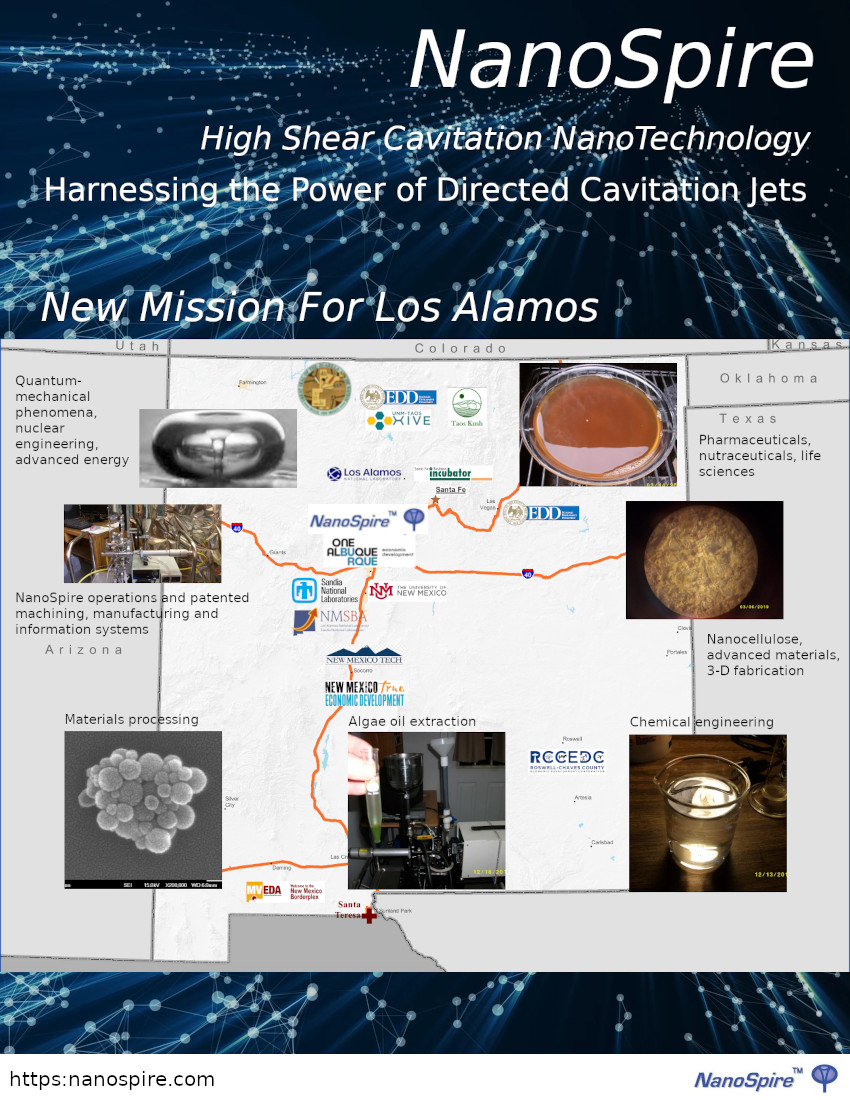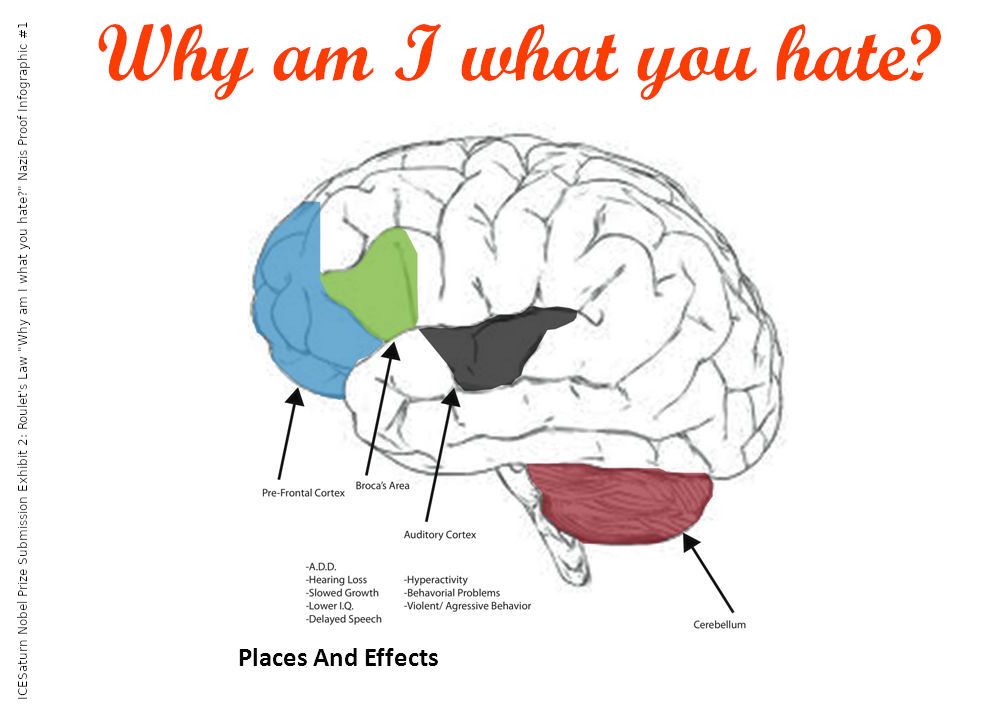

Why ICESaturn Swiss School of Exposenomics Drs. Roulet
Exposenomics: Understanding the Interplay of Genetics, Biology, and the Environment
By admin, 13 December, 2024
Exposenomics is the study of the economics of environmental impact, focusing on how genetics, biology, and the environment interact to influence human health and, ultimately, economic outcomes. By understanding how these three key factors—the genome, the biome, and the exposome—shape our health, we can develop innovative solutions to mitigate environmental stressors and reduce their economic impact on society.
At TKI, we view exposenomics as the core of our mission, which looks at the genetic composition of both plants and humans, the biological systems they interact with, and the exposures they face from pollutants and toxins. Our research and technologies integrate these variables into a comprehensive model for understanding how to reduce environmental stressors and improve human well-being in economic terms.
The Human Equation: Genome x Biome x Exposome = We (Our Human State)
At TKI, we define the human state as the product of genetics (genome), biology (biome), and environment (exposome). Each plays a critical role:
- The genome provides the instructions.
- The biome expresses and adapts those instructions through living systems, spanning everything from cellular interactions to systemic health.
- The exposome shapes how these systems are influenced by the environment, from pollutants to stress.
Together, they form the foundation of we, the dynamic human state. This equation allows us to explore how biological and environmental factors interplay to create health outcomes, guide innovative solutions, and inspire change.
Health and Environmental Outcomes:
Variation 1:
Death = (We x %Genome) + (We x %Biome) + (We x %Exposome) x %Care
This equation highlights the role of care and lifestyle factors in determining health outcomes. Environmental stressors, combined with genetic predispositions and biological systems, significantly impact our well-being. However, access to care, whether in the form of medical intervention, lifestyle changes, or preventive measures, plays a crucial role in mitigating the effects of negative environmental exposures.
The Economic Impact of Environmental Stressors
Environmental stressors—such as pollution, exposure to toxins, and chemical contaminants—carry a substantial economic burden on society. These stressors increase the incidence of diseases, healthcare costs, and lost productivity. Understanding this connection through exposenomics provides economic insights into how pollutants and toxins affect public health and, by extension, the economy.
By identifying and addressing these stressors, we can reduce healthcare costs, improve productivity, and foster a healthier, more sustainable environment. For example, phytoremediation with enhanced plants and Nanospire technology can accelerate environmental cleanup efforts and reduce long-term economic losses from contaminated land, water, and air.
How TKI Approaches Exposenomics
At TKI, we focus on the three pillars of exposenomics:
- Genetic Optimization: We study and use both plant and human genetic traits to understand how genetic predispositions interact with the environment. By enhancing the genetic resistance of plants and selecting for beneficial human genetics, we reduce vulnerability to toxins and diseases.
- Advanced Nanospire Technology: Our Nanospire processing maximizes the ability of plants to absorb and neutralize environmental pollutants. This cutting-edge technology also plays a role in optimizing the biological systems that interact with these toxins, enhancing the remediation process.
- Environmental Stressors: By using phytoremediation and other techniques, we focus on reducing environmental toxins, which ultimately reduces the negative effects on the human exposome. Our efforts in pollution control and environmental cleanup are aimed at improving health outcomes and reducing the economic burden of disease.
Creating Economic Value through Exposenomics
The value of exposenomics goes beyond human health; it also drives economic benefits. By integrating genetics, biology, and exposures, we develop solutions that lower environmental remediation costs, reduce public health expenditures, and improve the quality of life for communities affected by pollution. Through this lens, we see the economic potential in addressing environmental issues through sustainable, technology-driven solutions.
By understanding the full economic picture of environmental exposures, TKI is positioned to create sustainable innovations that not only clean the environment but also foster economic resilience and public health for future generations.


Comments